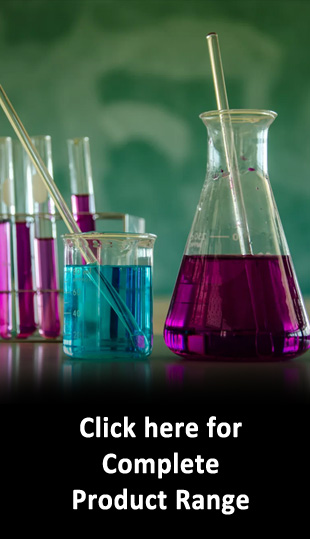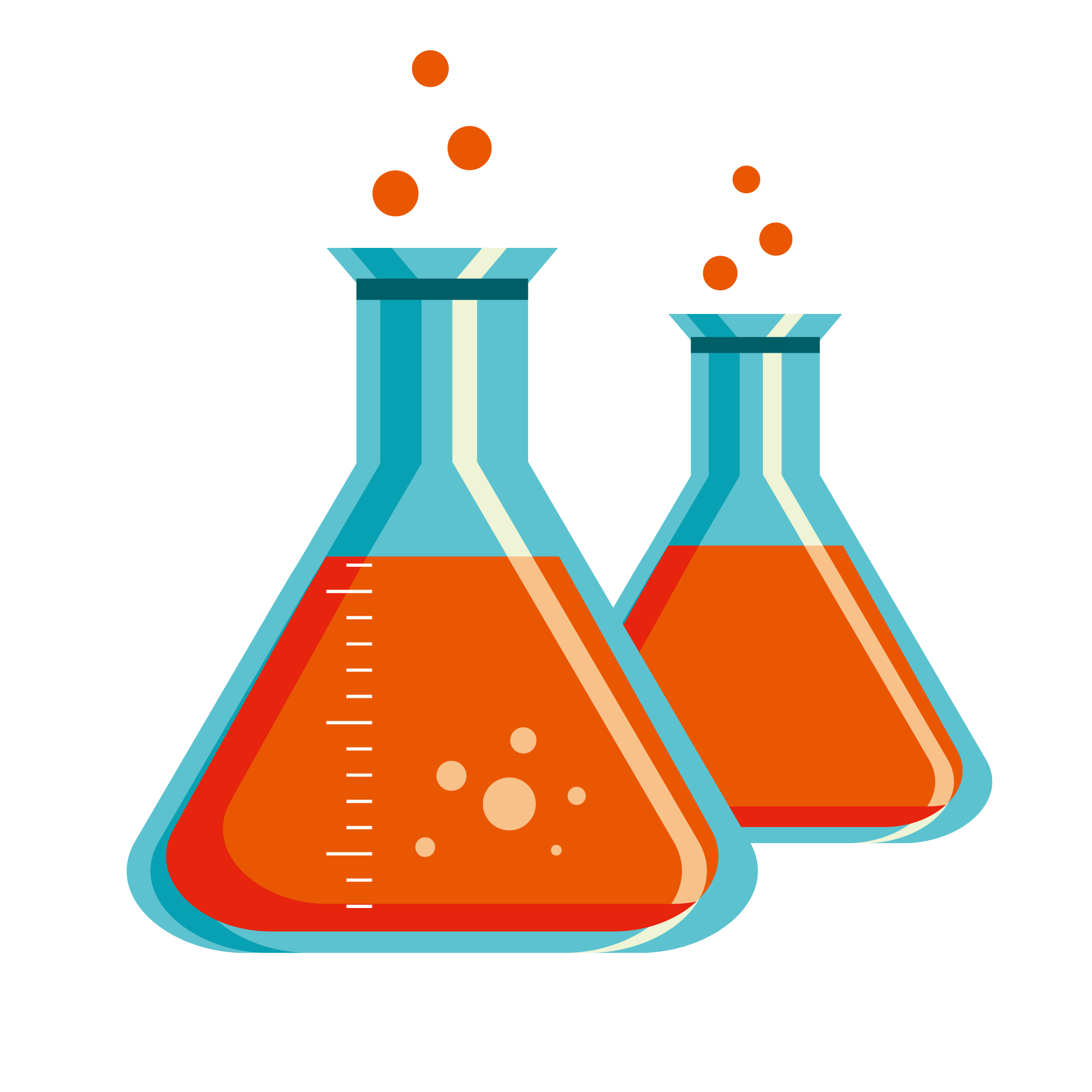Author : Vinipul Inorganics Pvt. Ltd. | Published on : 08 Nov 2021
FAQ's
We offer several grades of Sodium Acetate including technical grade, food grade, and pharmaceutical grade.
Read More
The minimum order quantity for Sodium Acetate at our company is 500 kilograms.
Read More
Sodium Acetate should be stored in a cool, dry place away from moisture and heat.
Read More
Yes, appropriate personal protective equipment such as gloves and goggles should be worn, and adequate ventilation should be ensured to avoid dust inhalation.
Read More
Sodium Acetate typically has a shelf life of about 3 years when stored under recommended conditions.
Read More
Sodium Acetate is generally stable but can react with strong oxidizing agents and acids.
Read More
Yes, our Sodium Acetate meets both local and international regulatory standards.
Read More
We ensure the purity through rigorous quality control testing and adherence to strict manufacturing protocols.
Read More
We offer Ammonium Acetate typically at purity levels ranging from 97% to 99.5%.
Read More
Ammonium Acetate is stable under normal storage conditions but can decompose at elevated temperatures.
Read More
The typical pH range of our Ammonium Acetate solution is between 6.5 to 7.5.
Read More
Yes, Ammonium Acetate can be used in food-grade applications when it meets food safety standards.
Read More
Ammonium Acetate is highly soluble in water and can dissolve in alcohol and other organic solvents.
Read More
It is used as a buffer in pharmaceuticals and as a reagent in many diagnostic tests.
Read More
Using expired Ammonium Acetate can lead to ineffective results and potential chemical instability.
Read More
Yes, we offer Potassium Acetate in several grades, including technical, food, and pharmaceutical grades.
Read More
Safety measures include using personal protective equipment and ensuring proper ventilation to avoid irritation.
Read More
Our Potassium Acetate typically has a purity of 99%.
Read More
It is used as a preservative and acidity regulator in various food products.
Read More
Yes, we can supply Potassium Acetate in pharmaceutical grade for use in medical applications.
Read More
Yes, Potassium Acetate can be used in organic agriculture as a fertilizer and fungicide.
Read More
Manganese Sulphate is available in purity levels up to 98%.
Read More
Yes, Manganese Sulphate is available in both monohydrate and anhydrous forms.
Read More
Manganese Sulphate typically has a shelf life of about 5 years when stored under proper conditions.
Read More
It is primarily used as a micronutrient to prevent and correct manganese deficiencies in livestock and poultry.
Read More
The solubility of Manganese Sulphate increases as the temperature rises, enhancing its effectiveness in various applications.
Read More
Store Manganese Sulphate in a dry, well-ventilated area and handle with care to avoid dust formation and inhalation.
Read More
Common impurities may include trace metals such as iron and lead, and insoluble matter like silica.
Read More
Zinc Chloride can have an extended shelf life of several years when stored in airtight containers away from moisture.
Read More
Zinc Chloride can react with organic materials and water, producing hydrochloric acid and other reactions depending on the substances it contacts.
Read More
It is widely used in metal treatment, as a flux in soldering, and as a dehydrating agent in chemical synthesis.
Read More
The minimum order quantity for Zinc Chloride is typically around 500 kilograms.
Read More
Zinc Chloride is highly soluble in water and also dissolves in alcohol and other organic solvents.
Read More
Yes, we can provide Zinc Chloride solutions customised to specific concentrations as per customer requirements.
Read More
Higher temperatures can increase the solubility and reactivity of Zinc Chloride, which may affect its stability and efficacy.
Read More
Yes, Zinc Chloride can be reclaimed from industrial processes through methods like crystallisation or distillation.
Read More
Sodium Chloride is available in various grades including food grade, pharmaceutical grade, and industrial grade.
Read More
Yes, our food-grade Sodium Chloride is certified and meets all necessary standards for use in the food industry.
Read More
Impurities in Sodium Chloride may include trace amounts of calcium, magnesium, and potassium, along with minimal water-insoluble matter.
Read More
Sodium Chloride has an indefinite shelf life when stored properly in a dry and sealed environment.
Read More
Yes, Sodium Chloride should be stored in a cool, dry place away from moisture to maintain its quality.
Read More
Sodium Chloride’s solubility slightly increases with temperature, from about 357 g/L at 0°C to about 391 g/L at 100°C.
Read More
Our pharmaceutical-grade Sodium Chloride meets stringent purity criteria and is compliant with pharmacopeial standards such as USP and EP.
Read More
Sodium Chloride is used for the manufacture of chlorine and caustic soda via electrolysis, and as a feedstock in various chemical syntheses.
Read More
Sodium Chloride is generally stable but should be stored away from strong acids and bases to prevent unwanted chemical reactions.
Read More
Our industrial-grade Acetic Acid typically has a concentration of about 99.5%, suitable for various industrial applications.
Read More
Yes, our Acetic Acid meets food-grade specifications and is suitable for use in food products, complying with all relevant food safety regulations.
Read More



